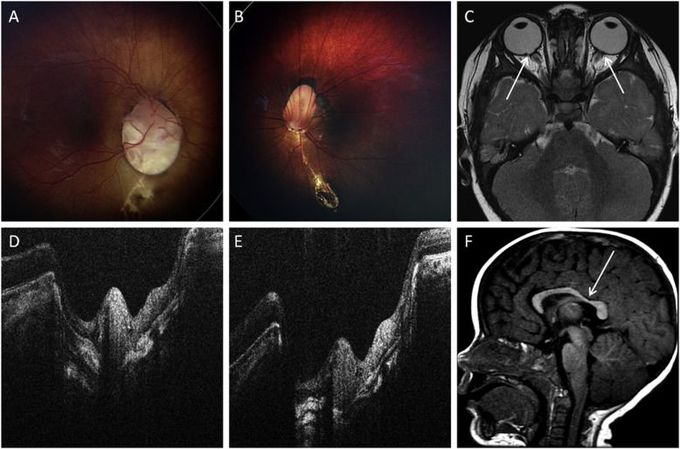


Aicardi Syndrome
Aicardi syndrome is a very rare genetic disease. Aicardi syndrome affects almost exclusively women. Aicardi syndrome is characterised by agenesis of the corpus callosum, chorioretinal lacunae, and seizures. Chorioretinal lacunae are small holes in the retina (back part of the eye). Only a doctor with a device to see into the back of the eye can see these. Aicardi syndrome without chorioretinal lacunae is extremely rare (perhaps impossible). Seizures come in a variety of forms. Infants with Aicardi syndrome frequently experience “infantile spasms,” a form of seizure. These are full-body jerks performed in a single motion. They may occur several times per day. During infantile spasms, most babies are awake. These seizures appear to be distinct from the more typical “generalised tonic-clonic” seizures. The jerking of arms and legs in generalised tonic-clonic seizures is rhythmic. Children with Aicardi syndrome typically outgrow their infantile spasms and develop generalised tonic-clonic or other types of seizures later in life. Other areas of the brain are not developing normally as well. Seizures and intellectual impairment are common side effects of these brain abnormalities.

